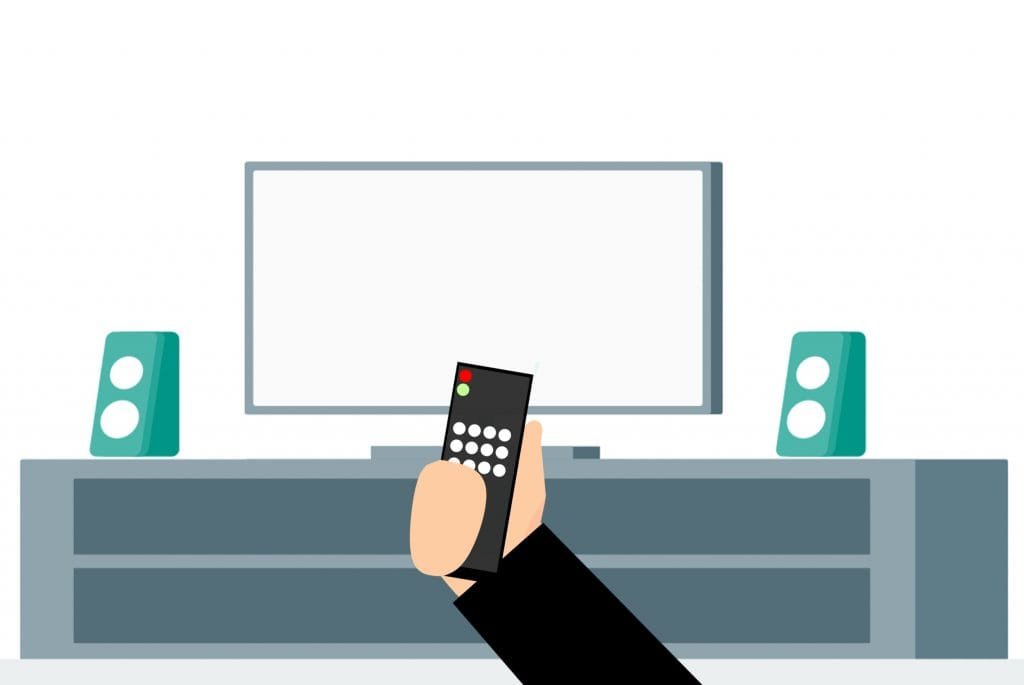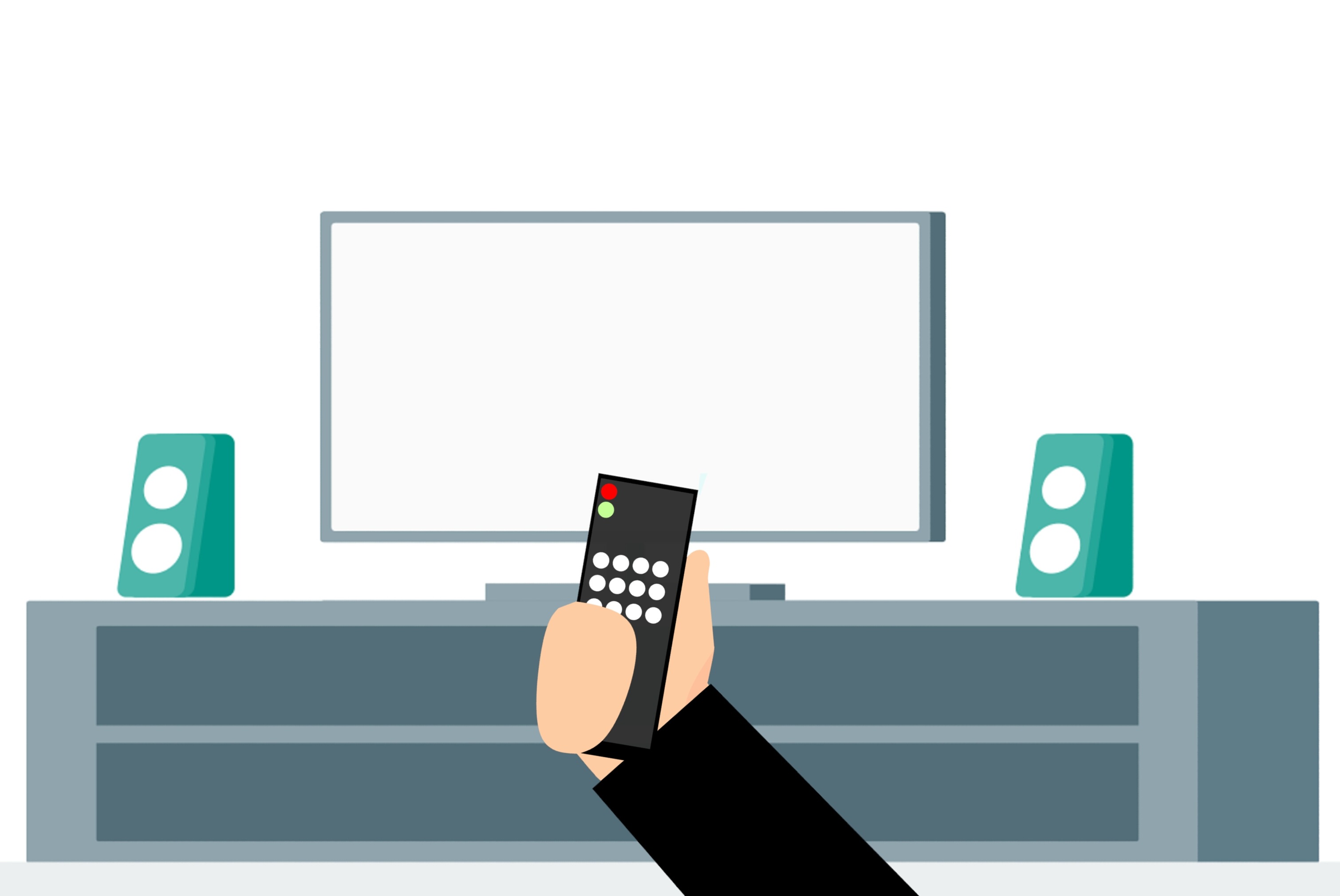It is difficult, at times, to remember all the things you have connected to your home network. Speakers, televisions, and even appliances are now all attached to the internet in some way.
Your Smart TV is connected to make sure you can enjoy your streaming media accounts at the click of a button. However, that very connection represents potential security vulnerabilities you should be prepared to protect yourself against.
There are several threats to your privacy at risk when it comes to your Smart TV. If a hacker gains access, they could also access your social media accounts and post to them without your knowledge. There is also some concern that Smart TVs with built-in cameras could be attacked and TV owners could be watched remotely.

Fortunately, taking a few steps can drastically reduce the odds of your Smart TV being hacked or taken over. Here are some precautionary measures to keep your Smart TV secure.
Make Your Router Secure
Many associate hackers and the trouble they bring with public, unsecured networks. While it is true that public WiFi is very vulnerable, your home network is, too. An unsecured home router could allow a cybercriminal to apply malware to your Smart TV.
The first step to a more secure home network is changing the username and password. Many people assume this cannot be changed or is safe as it is but hackers prey on this ignorance.
Additionally, keep your router and anything connected to it up to date. Updates routinely fix security vulnerabilities and out of date devices are easier to attack.
Know Your Network
Make it a habit to check the devices that are linked to your router and network. Make the device names easy to identify, so you will quickly notice anything that seems out of place.
If you have devices attached that you do not use, remove their access to the network. You can also create separate networks for different devices, preventing access to everything if one device is successfully attacked.
Pay Attention to Configuration
Smart TVs are often seen as televisions and not the internet connected devices that they are. Just like a computer, smartphone, or tablet, Smart TVs have configurations that allow you to customize various features including security protocols.
Review the privacy settings and make yourself aware of what information is being collected and shared. Samsung made news after the discovery that voice commands were being recorded and sent to a third-party. Investigate what permissions can be changed and select the ones that protect your privacy the best.
As mentioned earlier, the cameras on Smart TVs are vulnerable to remote access via the internet. Turn off the camera if it is not actively in use. A simple step would be to cover the camera with a piece of tape for an extra sense of security.
Review the list of enabled features and disable any you do not use. This can remove any possibilities of attacks via a feature you do not pay attention to (for instance, disable voice control if you never use it).
Your Smart TV Requires Updates
Unlike many other internet-connected devices, Smart TVs rarely perform automatic updates and few offer reminders to do so. Remind yourself to regularly check for updates to the firmware on your Smart TV.
Like OS updates on other devices, the firmware updates are an important part of keeping your Smart TV secure. Hackers often seek vulnerabilities in old firmware after a new update has been released.
Protect Your Device and Network with Security Software
There are now anti-malware and anti-virus solutions available for download to Smart TVs. These offer protection from malicious content that may be installed via a downloaded app. Streaming sites can also be a method for delivery of malware or a virus.
Consider a preconfigured VPN router. Like a VPN for Android or iOS, these routers protect data coming and going from your network. Advanced encryption prevents hackers from taking any information as it heads to the VPN server.
Download Apps from Respected Sources
As with any device, downloading apps outside of the Google Play or Apple Store can be risky business. While there are instances where this is the only option, most reputable apps can be found from these two sources.
Malicious apps can look strikingly similar to the “real thing,” yet can carry trojans, viruses, and malware. If you must use a third-party to procure an app, check the developer and how many other downloads have occurred first. This could reveal that something is amiss before you put the bad app on your Smart TV.
Conclusion
Taking the appropriate steps to secure your Smart TV can save you the trouble of dealing with a cyber-attack down the road. The little bit of effort up front will be well worth the carefree time you spend in front of your Smart TV.
